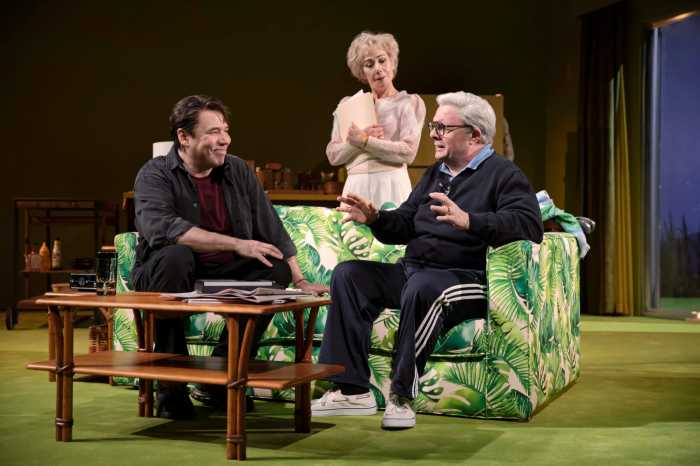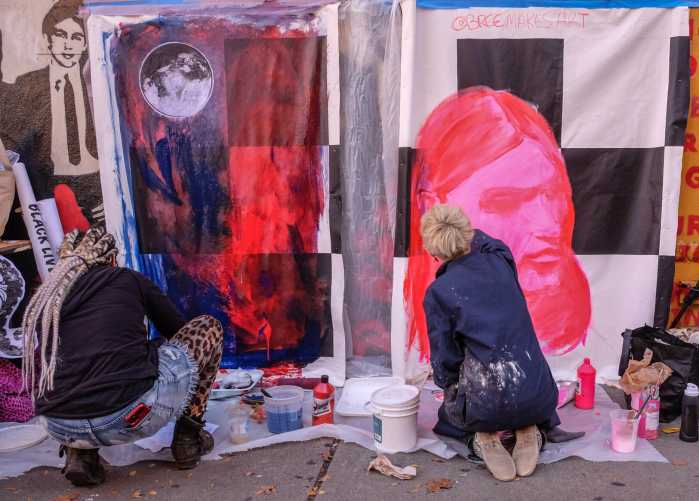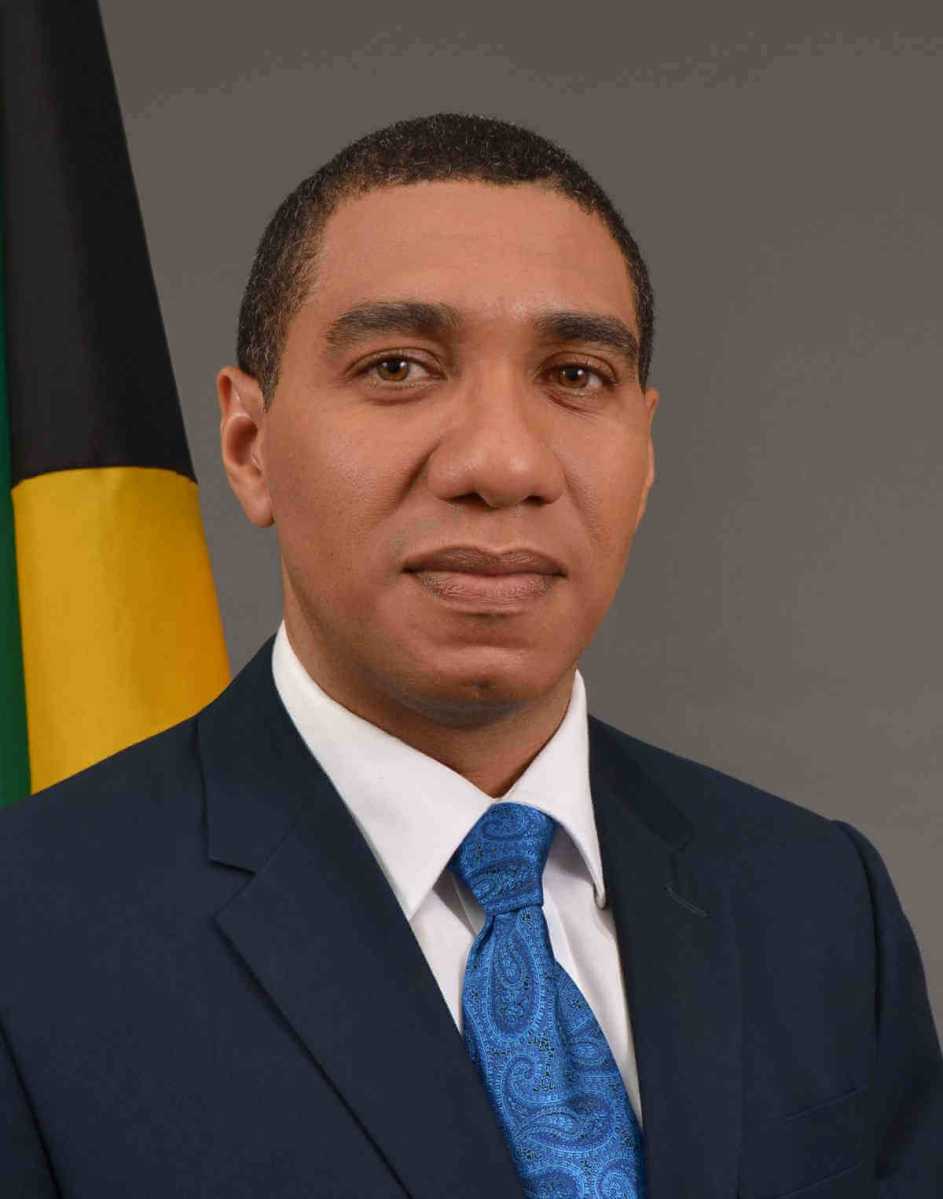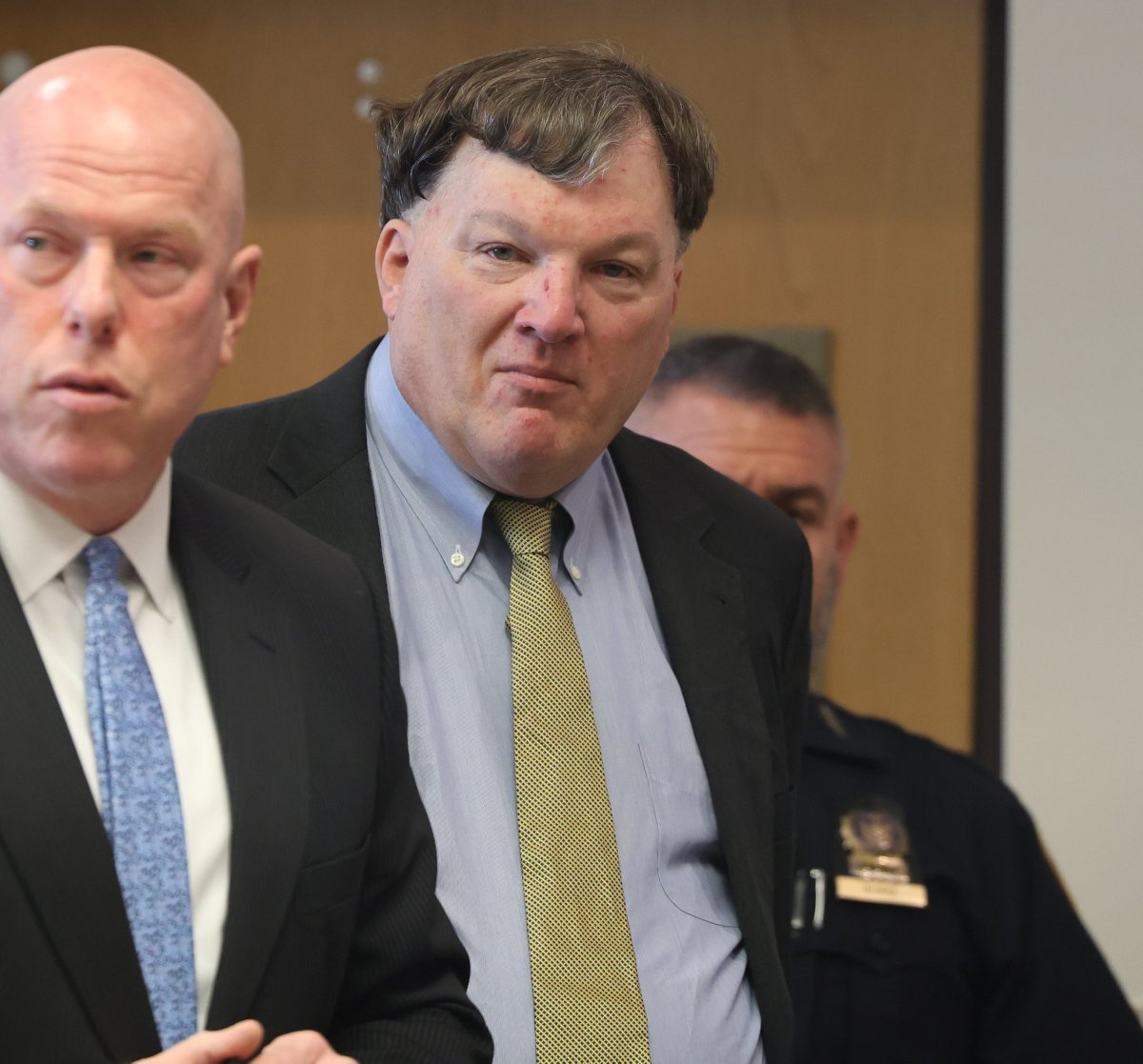Exactly a decade ago, before “Hamilton” had received its Off-Broadway premiere, another innovative musical built upon history, catchy pop music, and minority representation premiered at the Public Theater, namely “Here Lies Love,” David Byrne and Fatboy Slim’s dance club-style, sung-through musical about former First Lady of the Philippines Imelda Marcos – essentially a discotheque revamp of “Evita.”
As inventively staged by Alex Timbers (“Moulin Rouge”), “Here Lies Love” was a high-energy experience, not unlike “Sleep No More,” where many audience members stood and moved around for 90 minutes. It was also a smart, edgy musical about a celebrity-seeking political leader, her rags-to-riches journey, the corruption of her regime, and her strained relationship with those around her.
No Broadway theater suited the production, which required an open space that could accommodate large shifting platforms and wall-to-wall projections. Another complication was the fact that “Here Lies Love” used prerecorded music rather than a live band or orchestra, running counter to union requirements on Broadway stipulating a minimum number of live musicians depending on theater size for any musical.
Rather than transferring, “Here Lies Love” received a short encore run at the Public Theater and then disappeared. Now, in an unexpected and long-overdue twist, “Here Lies Love” has finally come to Broadway, and the Broadway Theatre has been extensively redesigned to accommodate a 360-degree dance club setting. Audience members can either stand on the dance floor or sit in the mezzanine, where the performers frequently pop up.
“Here Lies Love” remains as exciting as ever, and its storytelling is more urgent and disturbing today thanks to the increasing presence of dictators around the world – not to mention the fact that Bongbong Marcos, the son of Ferdinand and Imelda Marcos, has become the new president of the Philippines.
Leading the all-Filipino cast are Arielle Jacobs (whose heightened Imelda is marked by angst, insecurity, and romantic idealization), Jose Llana (whose Ferdinand is a sharp and savvy political operator), and Conrad Ricamora (earnest as Marcos critic Ninoy Aquino).
Although the show does incorporate live guitar and drums at certain times (including after the Marcos regime has been overthrown), it relies mainly on prerecorded music. Due to the electronic nature and synthetic sound of the score, as well as the immersive and highly physical nature of the production (which often feels like an assault on the senses), one might forget or forgive the fact that the music is prerecorded – but I couldn’t shake it.
The lack of live music remains a stain on an otherwise remarkable show. In spite of the logistical challenges, the show could have found space for and incorporated a live band. The argument presented by the show’s creators during negotiations with the musicians’ union that the prerecorded music is embedded in its concept (i.e. painting Imelda as synthetic and emphasizing the popularity of karaoke culture in the Philippines) is questionable at best.
Broadway Theatre, 1681 Broadway, herelieslovebroadway.com.







































